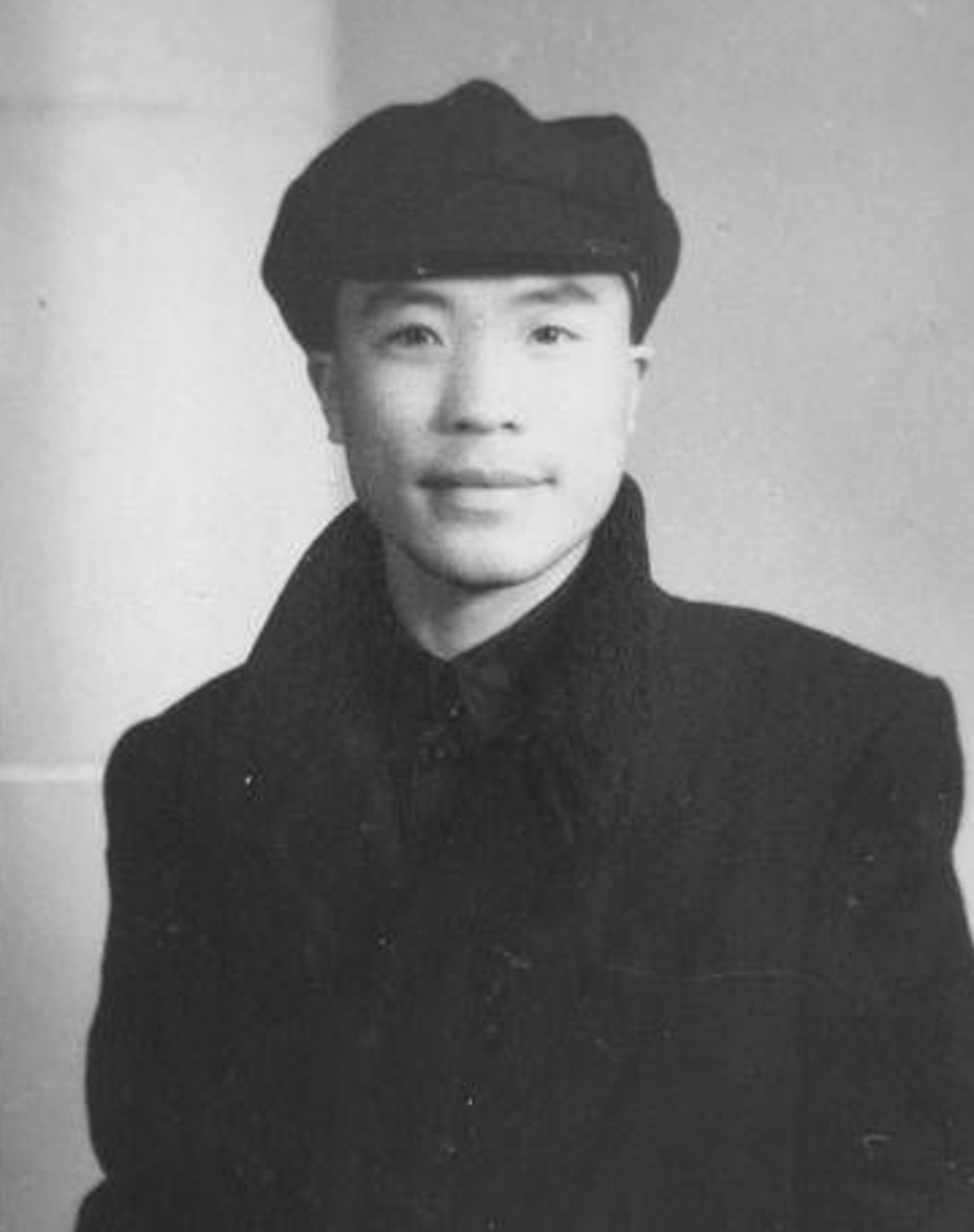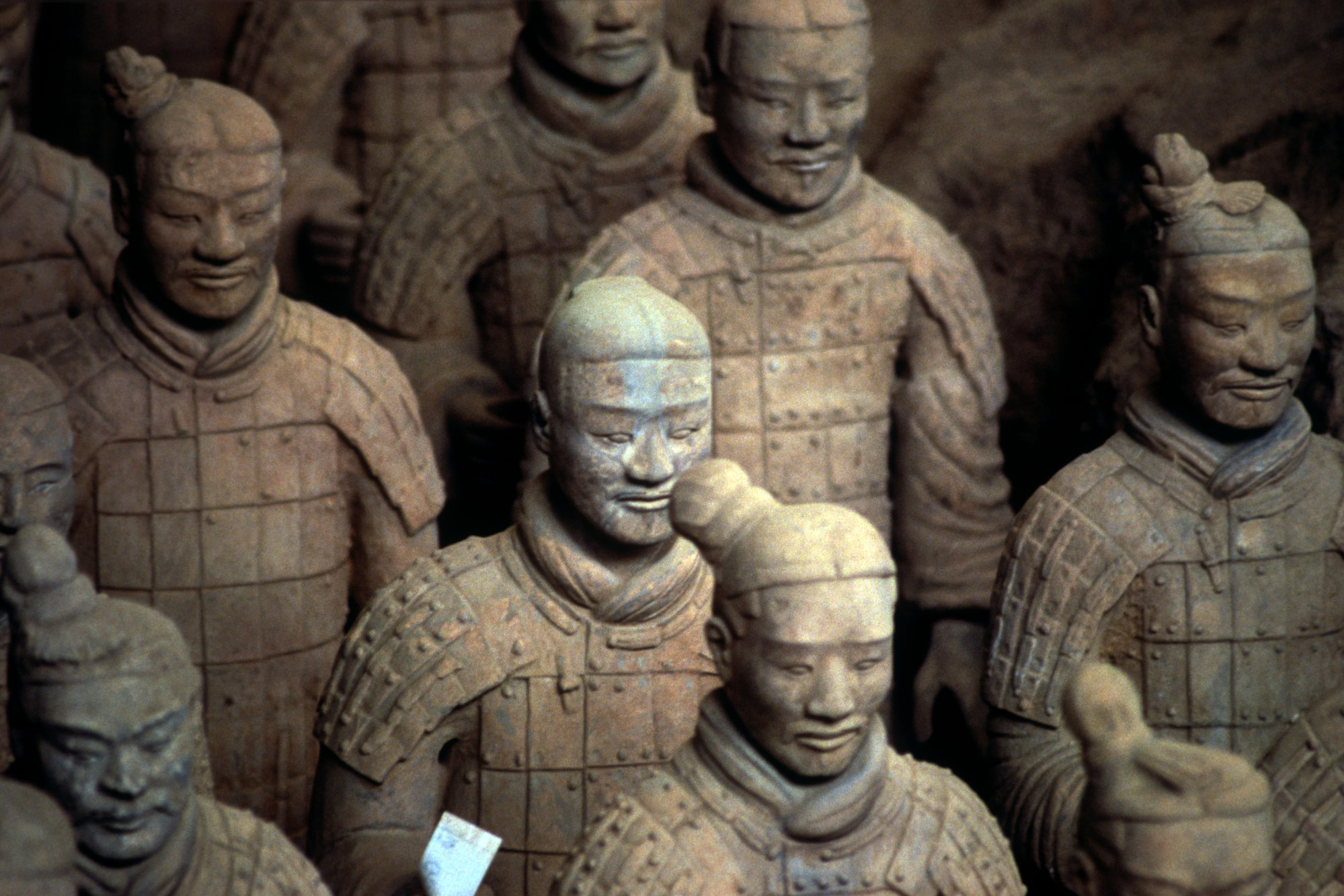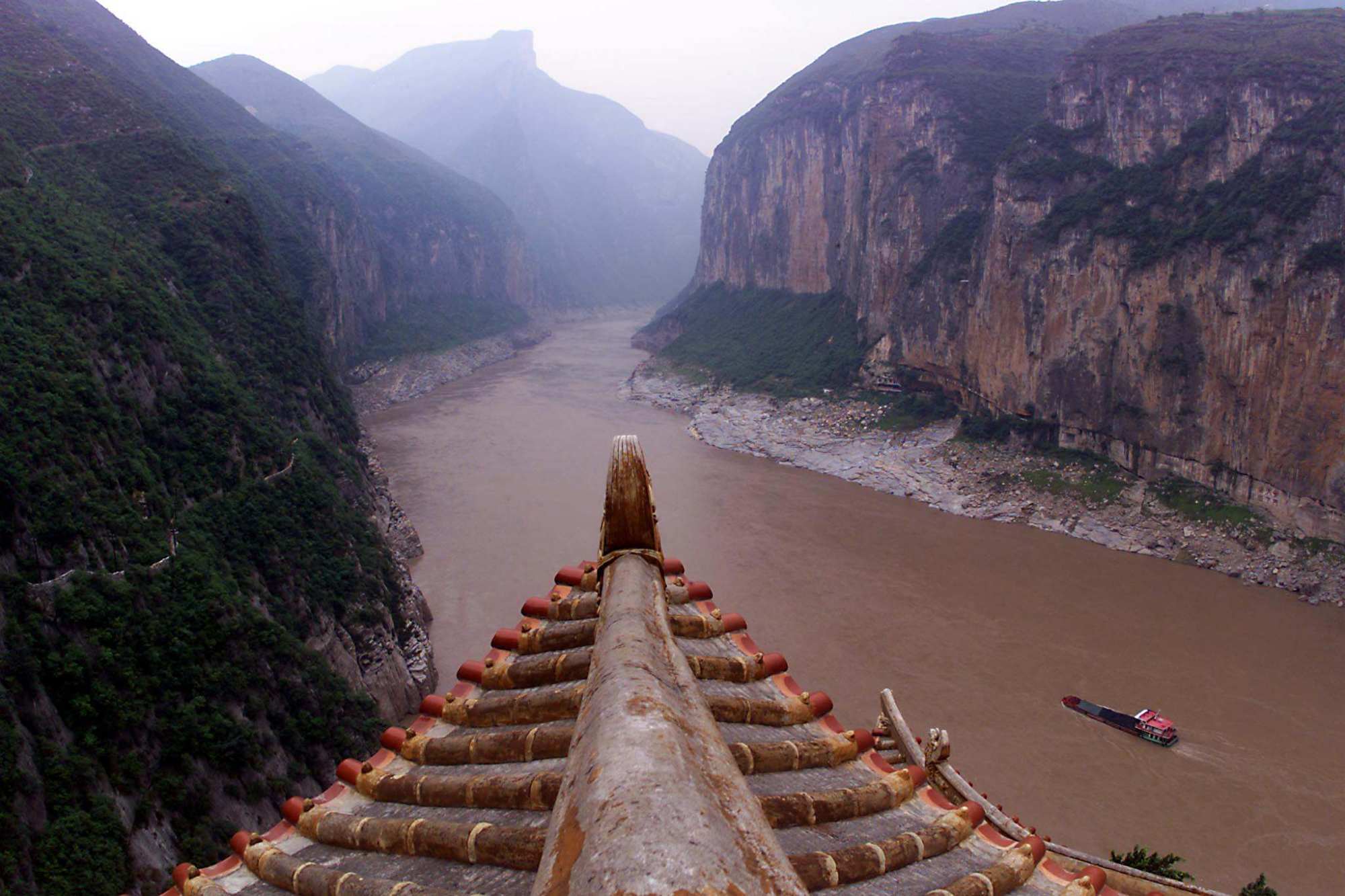
Shi Xingbang, pioneering Chinese archaeologist who helped excavate Terracotta Warriors and was crucial for Three Gorges Dam, dies at 99
- His greatest contribution was discovering China’s first neolithic village in 1953
- His papers shape the foundation for Chinese neolithic history that has been built on in the decades since
Shi Xingbang, one of the forefathers of China’s vibrant world of archaeology, passed away last Friday at the age of 99.
In the academic world, Shi is most famous for his 1953 discovery of the Banpo Village, estimated to be about 6,000 years old and was the first neolithic settlement ever found in China.

The village is thought to have belonged to the Yangshao culture (c 5,000 - 3,000 BC), which existed around the Yellow River. The society was long considered the first example of settled agriculture in China until recent discoveries have muddled that picture.
Regardless, Shi’s work built an early framework for neolithic history in China. He was one of the most important people in shaping the foundation that other prehistory scientists built upon.
Shi was born in October 1923 in Shaanxi province in northwest China to a family of farmers. He credited his father for starting his journey into academics when he realised his son enjoyed learning and sent him to primary school at the age of eight.

“My father had no formal education, but was a smart and foresighted man. He was well respected in our village and held the post of village head for many years,” Shi told China Daily in an article celebrating his 80th birthday.
Shi went to secondary school during the Second Sino-Japanese War before entering university towards the end of the conflict. He earned his diploma in 1949, the same year the Communist Party won the Chinese Civil War.
During his academic career, Shi was lucky enough to cross paths and eventually work for Xia Nai, a pioneering archaeologist who was a towering figure in the earliest days of Chinese archaeology.

Upon his graduation in 1949, Shi began working in 1950 and spent the next 40-plus years working as an archaeologist and in government archaeology departments. He would eventually reach the rank of chief archaeologist and director of the Shaanxi Provincial Institute of Archaeology in his home province.
He joined the Communist Party in 1984 and was a party representative during the 7th National People’s Congress from 1988-1993, after which he retired.
Shi dedicated most of his life to archaeology, but he was not allowed to pursue the subject from 1966-1976 during the Cultural Revolution.
In the China Daily interview, Shi said he “owed half of his success to his wife”.

